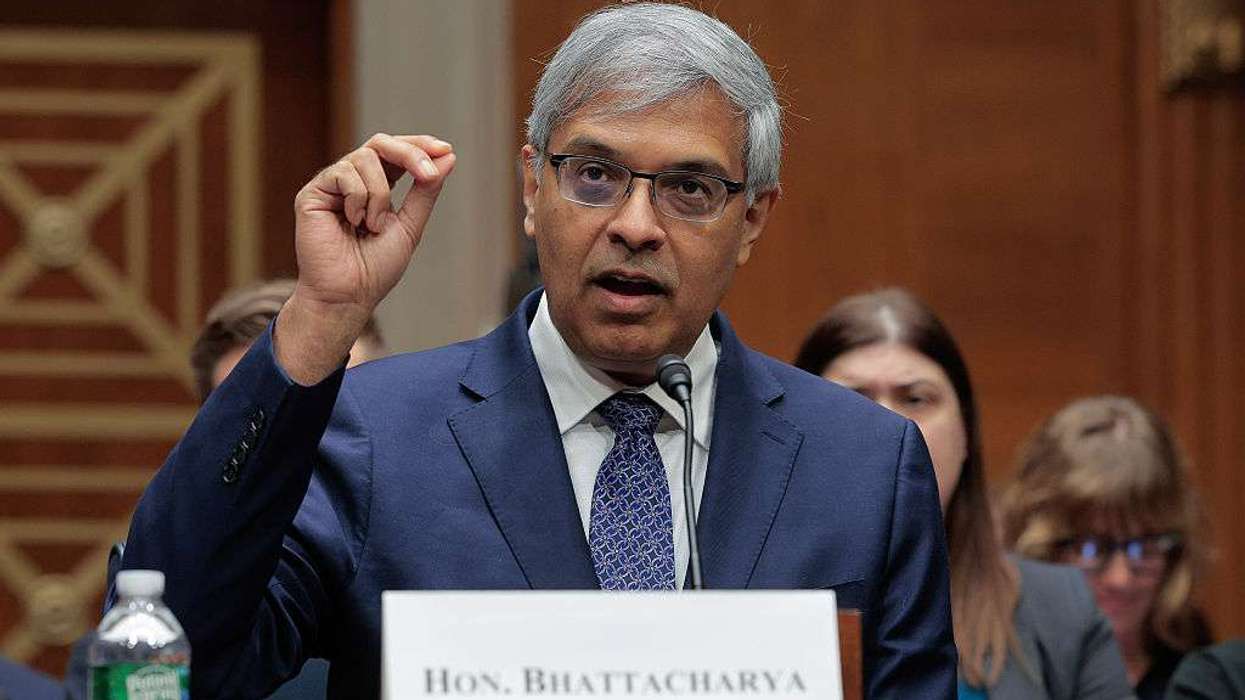KEIR STARMER on Wednesday confirmed he would go ahead with plans to cut disability and sickness benefits, despite facing the largest internal rebellion since becoming prime minister.
Starmer, who took office after a landslide election win over the Conservatives last July, said a vote on the new welfare bill would take place on Tuesday.
The government is aiming to reduce the growing benefits bill as Chancellor Rachel Reeves works to boost growth in the UK’s struggling economy.
More than 120 Labour MPs — nearly a third of the party’s 403 lawmakers in parliament — have supported an amendment to block the legislation.
According to media reports, concern is growing within Starmer’s Downing Street team over the size of the revolt.
One minister told The Times the mood was one of “panic”. A Labour insider told The Sun that many MPs were ready to defy the government because “they're seeing poll after poll showing their seats going to Reform next election”.
Speaking from The Hague, where he is attending a NATO summit, Starmer said he was elected to “change that which is broken” and that the welfare system “doesn’t work for anyone”.
Spiralling welfare bill
“There’ll be a vote on Tuesday, we’re going to make sure we reform the welfare system,” he told LBC radio.
The MPs backing the amendment argue the bill is poorly planned and could push 250,000 more people into poverty.
The Universal Credit and Personal Independence Payment (Pip) Bill would tighten eligibility for benefit payments with the aim of increasing employment.
Government figures show 3.7 million people in England and Wales were claiming Pip, up from 2.05 million in 2019, with more teenagers and young adults among claimants.
Senior Labour leaders have called on Starmer to reconsider.
London Mayor Sadiq Khan said ministers should “urgently think again”, while Greater Manchester Mayor Andy Burnham said the number of MPs rebelling should prompt reflection.
“When the PLP (parliamentary Labour Party) delivers its collective wisdom in such numbers, it is invariably right. And it is right on this,” he said.
Eluned Morgan, Labour’s First Minister of Wales, also urged a rethink.
Later, speaking to reporters in The Hague, Starmer said he would not be swayed and rejected suggestions that he was misreading the political mood.
He said the government needed “a welfare system that is fit for the future” and added, “that’s why... we will press ahead”.
Reform challenge
The dispute comes as Nigel Farage’s Reform UK party continues to perform strongly in opinion polls.
Reform, which won hundreds of council seats in May local elections, has gained support over issues such as crime, immigration, cost of living and public services.
The party currently holds five seats in parliament but secured 14 per cent of the vote in last year’s general election.
A recent Ipsos poll put Reform on 34 per cent, nine points ahead of Labour on 25 per cent.
The next general election is due in four years, but if the poll results were reflected nationally, Farage could become prime minister.
(With inputs from agencies)





